Keywords: Facebook
There are more than 200 results, only the first 200 are displayed here.
-

INTERNATIONAL
The unprecedented attacks by Daesh in Iran in which at least 12 people were killed and 39 injured come at an incredibly sensitive time for all countries in the Middle East. What is often obscured by commentators is that much of the present violence in the Middle East is political, not religious, even though religious labels are used as a shorthand for the competing blocs (in much the same way as 'Catholic' and 'Protestant' were used during the Troubles in Northern Ireland).
READ MORE 
-

ENVIRONMENT
Standard electric heaters turn roughly one unit of electricity into one unit of heat. A reverse cycle air conditioner, however, uses electricity to 'pump' heat from one place to another and is incredibly efficient. Using electricity from the grid creates more pollution than burning gas, but the electric reverse cycle air conditioner is so efficient it's still less damaging overall. That's great news for households with air con, but galling for anyone who can't afford one, or isn't allowed to install it.
READ MORE 
-
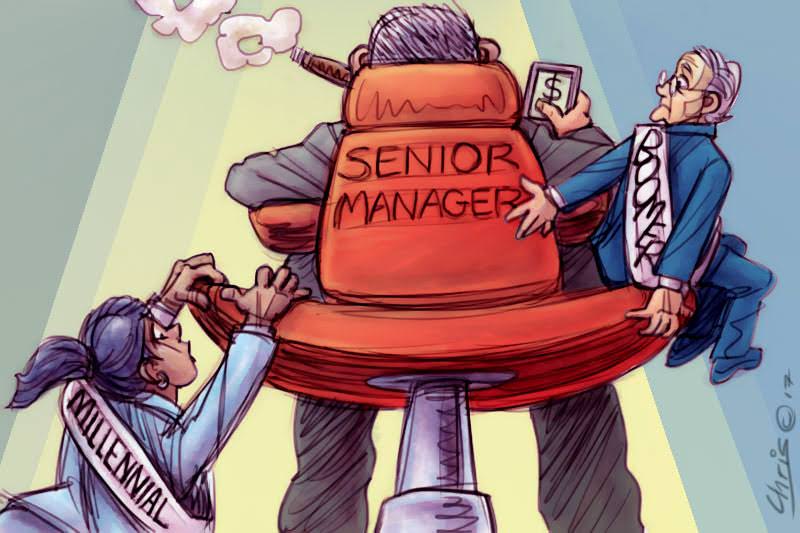
ECONOMICS
- Rachel Kurzyp
- 15 May 2017
3 Comments
Kids these days. We can't hold down a job, we expect to be promoted before we've proven ourselves and we put our career needs before the needs of an organisation. We're the largest age group, making up 37 per cent of the Australian workforce, yet we're expected to shut up and wait our turn. What is it about millennials that has everyone scared? People claim the stereotype is based on generational cohort, not age. But for young Australians in the workforce, they are one and the same thing.
READ MORE 
-
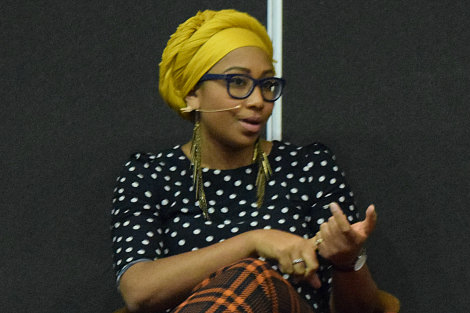
MEDIA
- Rohan Salmond
- 28 April 2017
35 Comments
Even though the post was quickly withdrawn and an apology issued, the backlash has lasted more than four days. It was enough to warrant a front page story on The Daily Telegraph, a call for Abdel-Magied's dismissal by the deputy prime minister and public repudiations by half a dozen government front benchers and other politicians, including Pauline Hanson. It's ironic that the very commentators who constantly rail against political correctness are apoplectic about a woman being politically incorrect.
READ MORE 
-
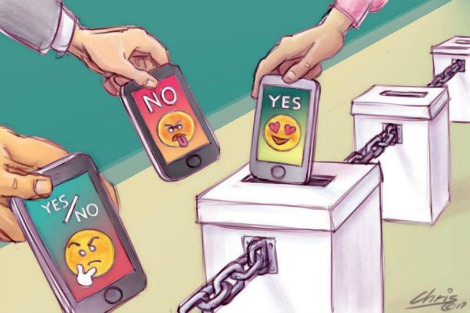
AUSTRALIA
- Kate Galloway
- 13 April 2017
8 Comments
There are reasons to be concerned about the capacity of a government to govern in the current brief election cycle, and in dealing with what some describe as a 'hostile senate'. But the networked world we inhabit also calls into question the way in which politicians might be accountable to the public. Rather than focusing on changes to a system of governance derived from a different era, we should be asking what are the implications of emergent technologies on the way in which we are governed.
READ MORE 
-
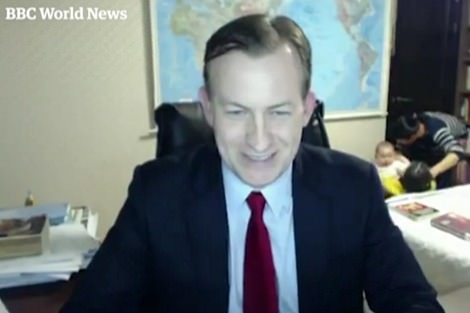
AUSTRALIA
Last week, an interview by the BBC with a scholarly expert on Korea was interrupted by the scholar's young family. What fascinated me most was the assumption in certain commentaries that the woman in the video was the nanny. Or, even when that was resoundingly countered, that there would be trouble for her when the interview was over. Because she is Asian, and her husband is white. And we all know what that means, right? Whether she's the nanny or the wife, she must be oppressed.
READ MORE 
-
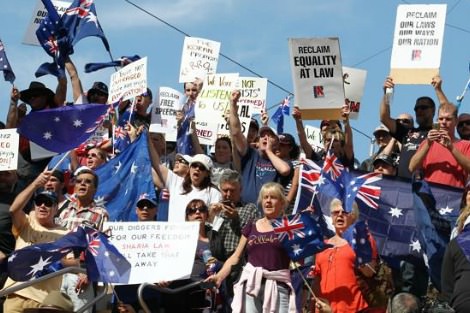
AUSTRALIA
- Daniel Nicholson
- 24 February 2017
9 Comments
In the footage of one violence protest, I was shocked to see a handful of my homeless clients, draped in Australian flags, engaged in street battles with anti-racists. These young men had experienced alienation, exploitation and poverty - all the things the Left is supposed to fight against. Long, uncomfortable conversations don't make for good social media content, yet if Australia is to stare down the threat of a rising alt-right it won't be done by yelling at right wing fringe groups across a police barricade.
READ MORE 
-

INTERNATIONAL
- Catherine Marshall
- 25 January 2017
30 Comments
No-one doubted Trump's ascendancy would deeply fracture the world as we know it. But few of us could have anticipated the swiftness with which his orders would impact some of the world's most disadvantaged citizens: vulnerable, impoverished women. With just one signature, the newly-installed president snatched from these women access to services that are essential to their physical and mental wellbeing and their economic prospects - and, in so doing, endangering countless lives.
READ MORE 
-

AUSTRALIA
- Tseen Khoo
- 24 January 2017
16 Comments
The removal of an Australia Day billboard featuring two girls in hijabs prompted a swell of support against Islamophobia. Alongside this was a backlash from those who read the action as forcing Muslim Australians to be complicit in the oppression of Indigenous peoples. My unease came from seeing intra-community tension manifest as dismissal and denigration of those who were considered not 'woke' enough to the politics and embedded racism surrounding invocations of Australian identity.
READ MORE 
-
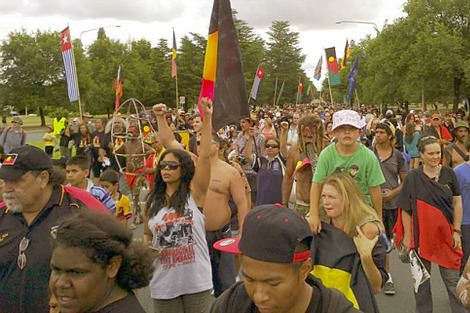
AUSTRALIA
- Celeste Liddle
- 23 January 2017
27 Comments
For many years I felt that by changing the date we might come to a more inclusive national celebration. However the past few years of Indigenous activism have left me cynical. The things we were fighting for decades ago are very similar to the things we're still fighting for. Australia has not acknowledged and rectified its history; rather it seems content to reinforce its amnesia. It's therefore unlikely I will be able to stop protesting this celebration, regardless of the day it's held upon.
READ MORE 
-
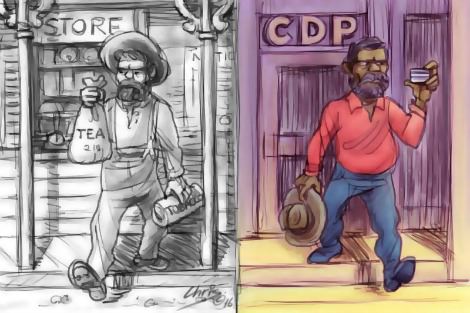
AUSTRALIA
- Celeste Liddle
- 02 December 2016
8 Comments
Indigenous workers of previous generations struggled and undertook strike actions so that their descendants would not be exploited and abused in the same way that they had been. While we may have many more Aboriginal people achieving and attracting higher waged work than we did in the years gone by, the exploitation of the most vulnerable in our community continues. The years may have ticked over, but the government's attitude to the value of Indigenous workers has not.
READ MORE
-
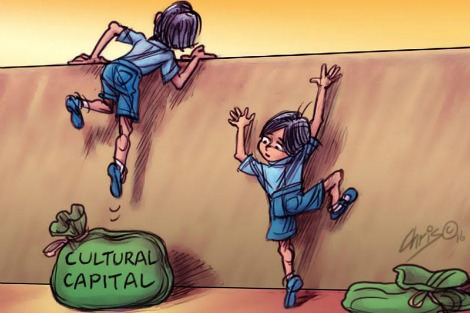
AUSTRALIA
- Sonia Nair
- 24 October 2016
15 Comments
Social theorist Pierre Bourdieu posited the disturbing finding that academic underperformance in lower-class students could be traced back to their lack of cultural capital, defined as 'familiarity with the dominant culture in a society, and especially the ability to understand and use 'educated' language''. According to Bourdieu, the mainstream education system assumes a certain level of cultural capital and as a result, educators speak in a manner that is only understood by a privileged few.
READ MORE 